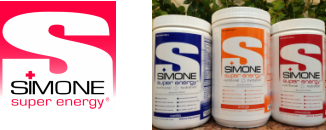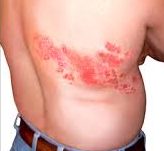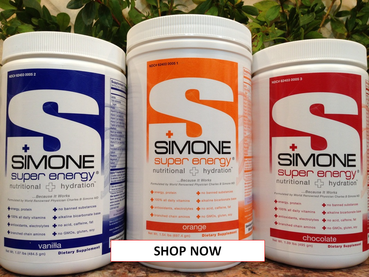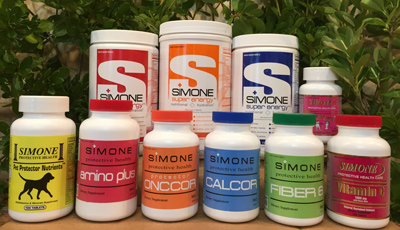11/18/16
We do not diagnose disease or recommend a dietary supplement for the treatment of disease. You should share this information with your physician who can determine what nutrition, disease and injury treatment regimen is best for you. You can search this site or the web for topics of interest that I may have written (use Dr Simone and topic).
“We provide truthful information without emotion or influence from the medical establishment, pharmaceutical industry, national organizations, special interest groups or government agencies.” Charles B Simone, M.MS., M.D.
SHINGLES INCREASE RISK FOR STROKE – INTEGRATIVE APPROACH
Lawrenceville, NJ (Dr Simone) – Herpes Zoster, or Shingles, affects 1 million people in the United States every year. The lifetime risk of reactivation of the chicken pox virus is 1 in 3. Shingles can cause pain that can last for months.
This virus increases the risk for stroke because it is one of the few viruses that live in blood vessels. The increase risk may be as much as 400% in severe shingles cases. But patients who took antiviral medication within a week of having shingles had a 16% lower risk of stroke than those who did not.
The herpes virus uses L-Arginine to replicate so therefore avoid L-Arginine supplements as well as foods that contain arginine like: Tomatoes, Wheat Germ, Brussels sprouts, Grapes, Pumpkin Seeds, Nuts, Blackberries, Blueberries, Chocolate, and Sugars.
L-Lysine blocks viral replication by blocking the activity of L-Arginine. Therefore take L-Lysine 1500-3000 mg/day; and foods that have higher amount of lysine like: Dairy, Poultry, Fish, Apples, Pears, Apricots, Avocados, Green beans, Asparagus, and Pineapple.
One might also consider taking: Vitamin C (2000-4000 mg/day), Vitamin B12 (1,000 mcg/day).
(c) 2017 Charles B. Simone, M.MS., M.D.



